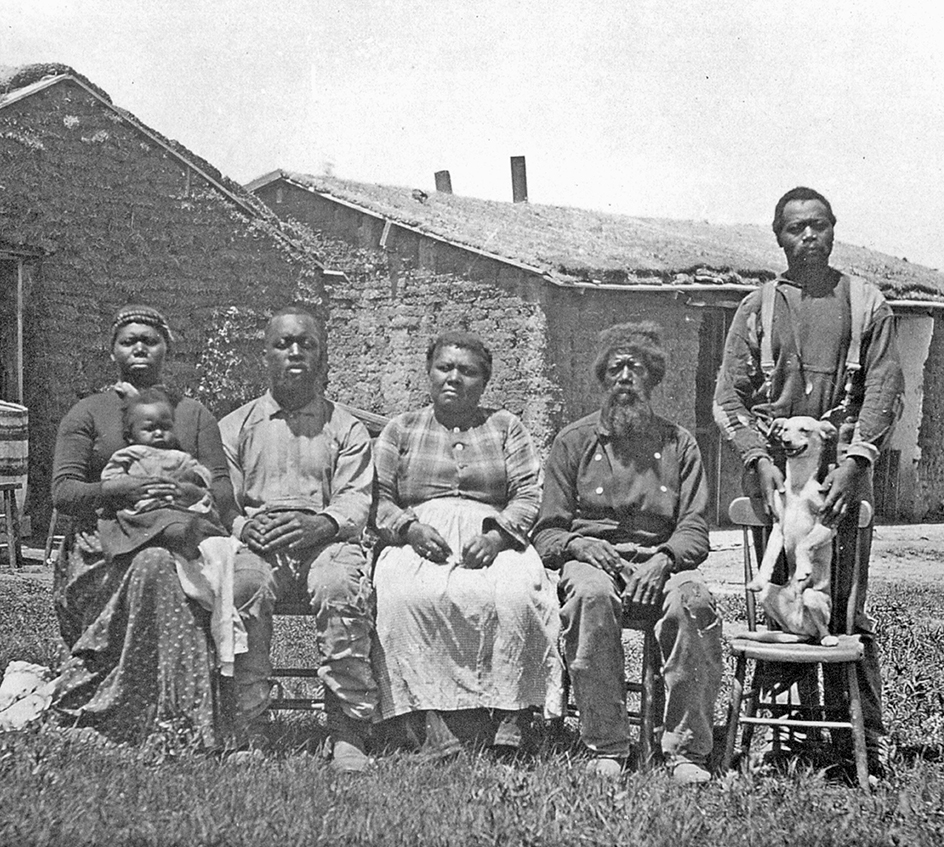Exodusters were Black American pioneers who migrated from Louisiana, Mississippi, Tennessee, and Texas in the years following the American Civil War (1861-1865). Most were formerly enslaved people who faced violence and discrimination in their old homes. The Exodusters took their name from the Book of Exodus in the Bible. The book describes the departure of the Israelites from Egypt, where they had been enslaved.

The United States abolished slavery in 1865. During the Reconstruction period that followed the Civil War, the federal government provided various services and protections for African Americans in the South. Federal soldiers helped protect Black citizens from violent groups, such as the Ku Klux Klan. However, conditions for formerly enslaved people worsened after federal troops withdrew in 1877.
During the 1870’s, Benjamin “Pap” Singleton and other leaders began recruiting Black families to move from the former slave states to new settlements in Kansas. Rumors soon spread that the federal government had set aside the state of Kansas for the resettlement of formerly enslaved people. The rumors were untrue. But by about 1880, 15,000 Black Americans had come to Kansas. Thousands more settled in towns in Illinois, Indiana, Missouri, Nebraska, and Oklahoma. New Black neighborhoods developed in such cities as Kansas City, Missouri, and Topeka, Kansas. New all-Black towns included Nicodemus, Kansas, and Langston, Oklahoma.
Settlers worked farmland and set up shops, post offices, hotels, and schools. Like other settlers on the frontier, the Exodusters faced great difficulties. Many had poor farmland, and crop failures were common. Many settlers returned to their home states in the last decade of the 1800’s. But others learned to thrive in the tough Great Plains conditions.
